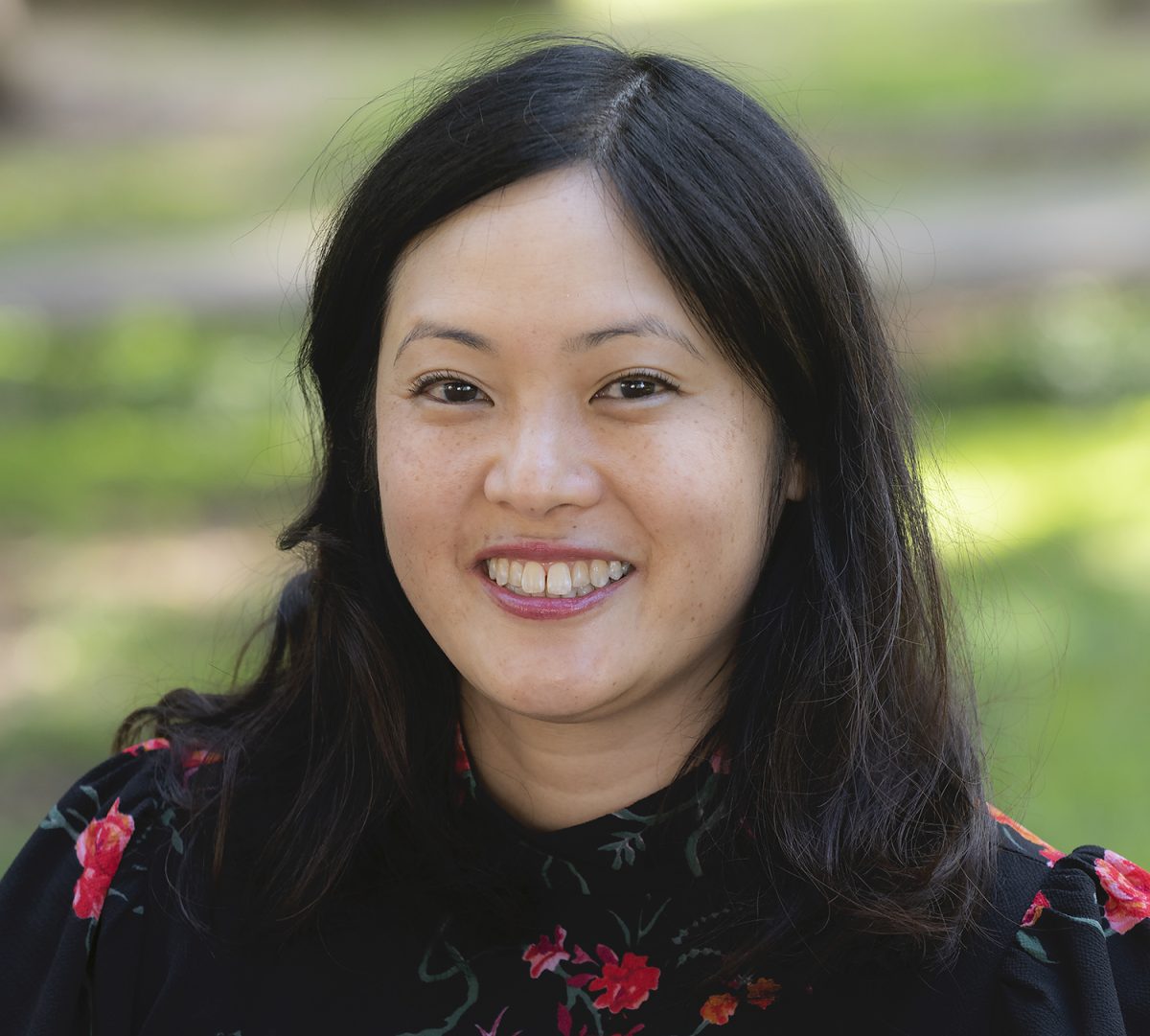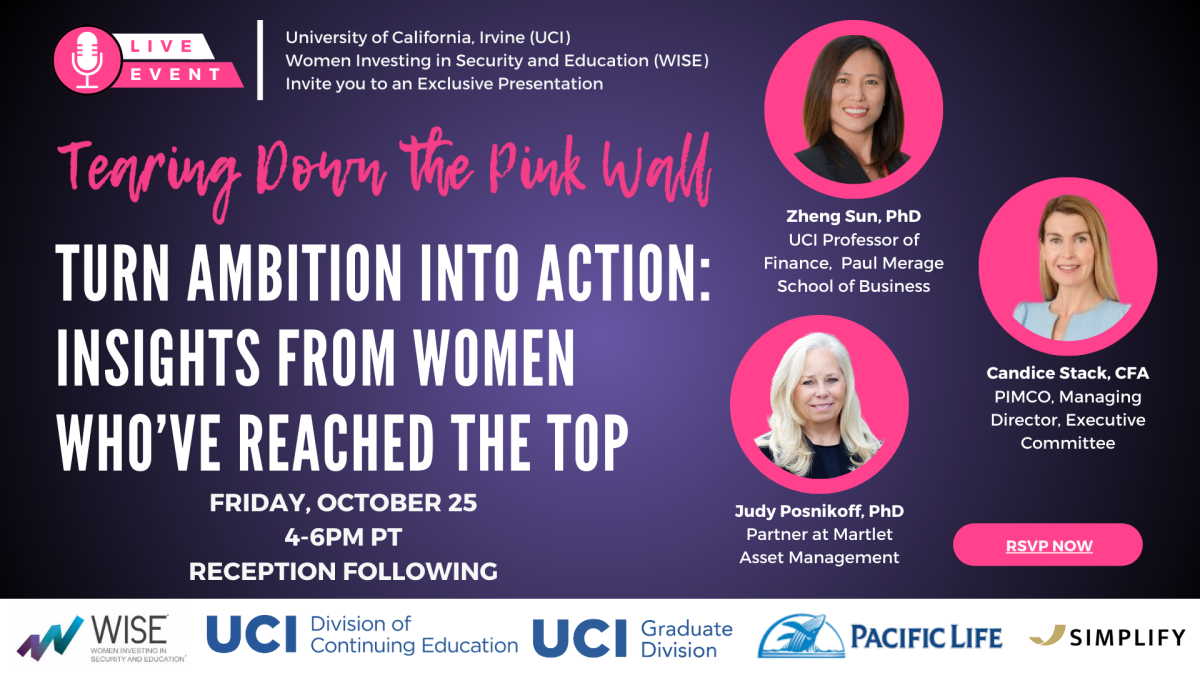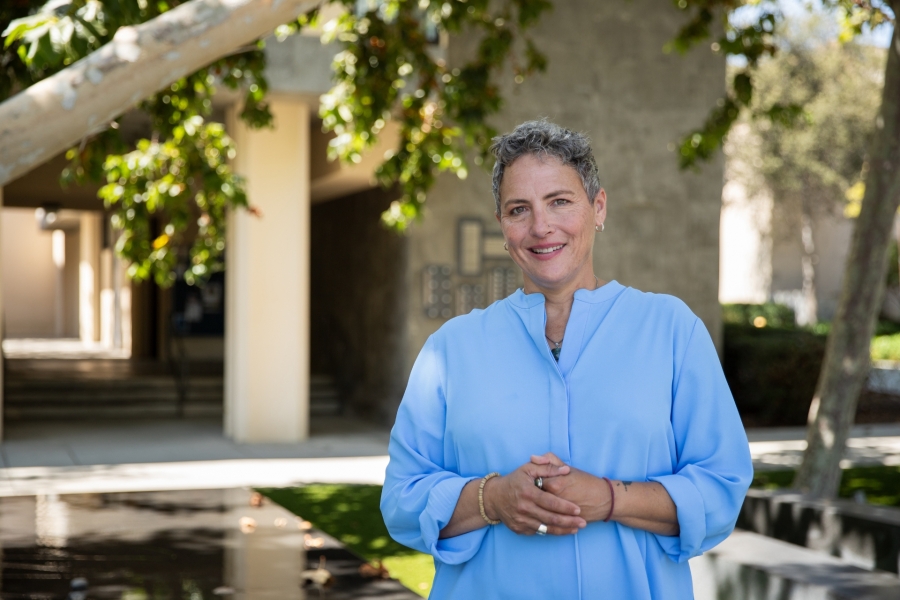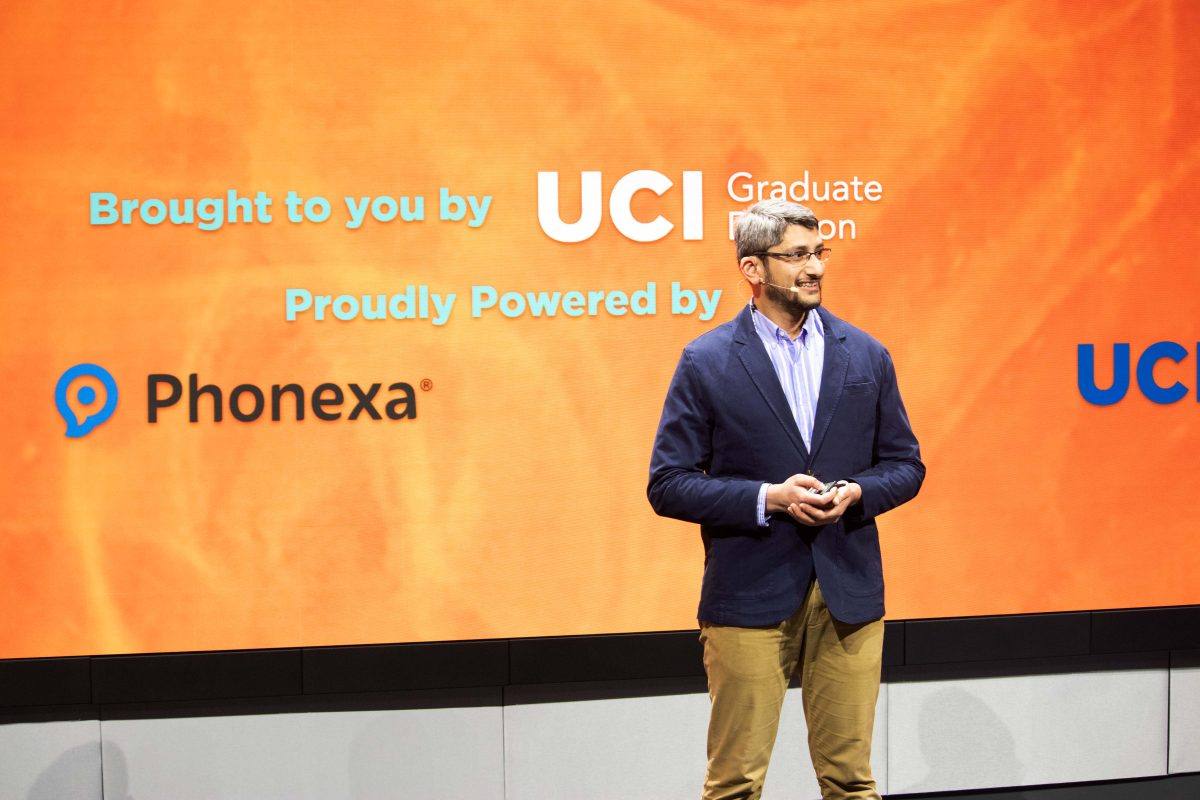Irvine, Calif. – The University of California, Irvine will host its 11th annual Grad Slam competition inside the Verano 8 Community Center on March 13th. Leonid Capital Partners has been tabbed as the First Place sponsor for this event.
Part of UCI’s Graduate Division, Grad Slam is a systemwide competition that showcases and awards the best three-minute research presentations by graduate scholars. The competition not only highlights the excellence, importance, and relevance of UCI graduate scholars and their research, but it’s also designed to increase graduate students’ communication skills.
Leonid Capital Partners is a trusted private credit firm investing vital capital into companies with government contracts. The firm provides tailored financing solutions, including term loans, lines of credit, and acquisition financing, to support businesses as they scale and fulfill critical government initiatives.
“We’re so excited to continue our partnership with Leonid,” said Jaymi Smith, Interim Vice Provost for Graduate Education at UC Irvine. “This group has supported UCI’s graduate scholars for years now and we can’t thank them enough.” We’re so proud to call them this year’s Grad Slam First Place Sponsor.
Co-Founder Christopher Lay is a proud UCI alum, earning his PhD in Neurobiology in 2011 and is a member of UCI Graduate Division’s Dean’s Leadership Council. In addition, Lay’s background includes professional practice in the healthcare, financial services, technology, and specialty finance industries, as well as significant experience operating in Private Equity and Hedge Fund investment environments.
“UCI will always have a special place in my heart and this event symbolizes some of the best parts of graduate education.” Lay said. “Grad Slam and UCI continue to promote and train the future leaders and innovators of our world. I couldn’t be happier to support this worthwhile event.”
Grad Slam winners receive cash prizes up to $6,500 and a competitive resume line.
Presentation clarity and effectiveness for a general university audience is strongly considered in the judging process.
Thank you to all our sponsors: NIWC Pacific, Cie, WISE, Pfizer, UCI Chief Executive Roundtable, UC Irvine Chancellor’s Club, UC Irvine Charlie Dunlap School of Biological Sciences, UCI Donald Bren School of Information and Computer Sciences, UC Irvine Division of Continuing Education, UC Irvine School of Social Sciences, UC Irvine Student Housing, UCI – OC Alliance, UC Irvine Foundation, and UCI School of Social Ecology.
For more information on the event, please contact Raslyn Rendon at rrendon@uci.edu.
About the University of California, Irvine
Founded in 1965, UCI is a member of the prestigious Association of American Universities and is ranked among the nation’s top 10 public universities by U.S. News & World Report. The campus has produced five Nobel laureates and is known for its academic achievement, premier research, innovation and anteater mascot. Led by Chancellor Howard Gillman, UCI has more than 36,000 students and offers 224 degree programs. It’s located in one of the world’s safest and most economically vibrant communities and is Orange County’s second-largest employer, contributing $7 billion annually to the local economy and $8 billion statewide. For more on UCI, visit www.uci.edu.







